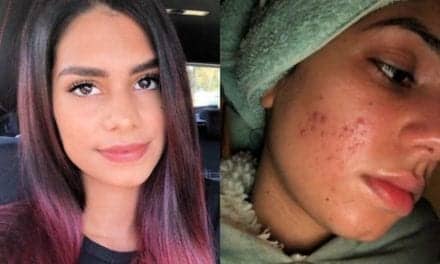Social media analytics for plus-size models can assist clinical practice decisions for plastic surgeons as they discuss procedures with their patients
With the changing societal body image in America, plus-size models have gained in popularity and positively impacted a body inclusive model of beauty. As such, plastic surgeons will likely see an increased demand for procedures that enhance the plus-size body type, according to researchers from Boston University School of Medicine (BUSM).
“While the American standard of beauty appears to idolize extreme thinness as seen in Victoria Secret models and their diminishing body sizes, we sought to explore the impact of plus-size models by reviewing their body size metrics and social media presence to better understand their emerging role in the current standards of beauty,” says corresponding author Neelam Vashi, MD, associate professor of dermatology at BUSM and director of the Boston University Cosmetic and Laser Center at Boston Medical Center.
A total of 169 models were included in this study (159 plus-sized models and 10 mainstream models). Plus-sized model metrics averaged: height 69 inches (in.), bust 40 in., waist 43 in., hips 46 in, and dress size 14. The waist-to-hip ratio remained low among mainstream models (0.69) and plus-size models (0.74), illustrating that this remains a constant and objective standard of beauty across all body types.
Using the Fashion Model Directory and various modeling agency websites, the researchers obtained data for eye color, hair color, height, bust measurement, waist measurement, dress size, and shoe size. Data pertaining to social media presence was collected for each model using Social Blade. For comparison, the top 10 highest paid mainstream models were determined using Forbes.
Collectively, 144 plus-sized models had 51 million followers and 190,000 total posts. While the top 10 highest paid mainstream models averaged 38 million followers compared to the top 10 plus sized models with an average of approximately 3.8 million followers, there was no significant difference between the average likes per post, comments per post and total posts between the top mainstream models and top plus-sized models.
According to the researchers, the fashion industry has also acknowledged the increasing popularity of plus-size models by representing curvaceous figures within their marketing campaigns and even altering models figures with padding. “With an increase presence of plus size models in both marketing and on social media, plastic surgeons may see an increased interest in procedures, including breast and buttock augmentation, that embrace a curvaceous plus-size body type,” adds Vashi.




